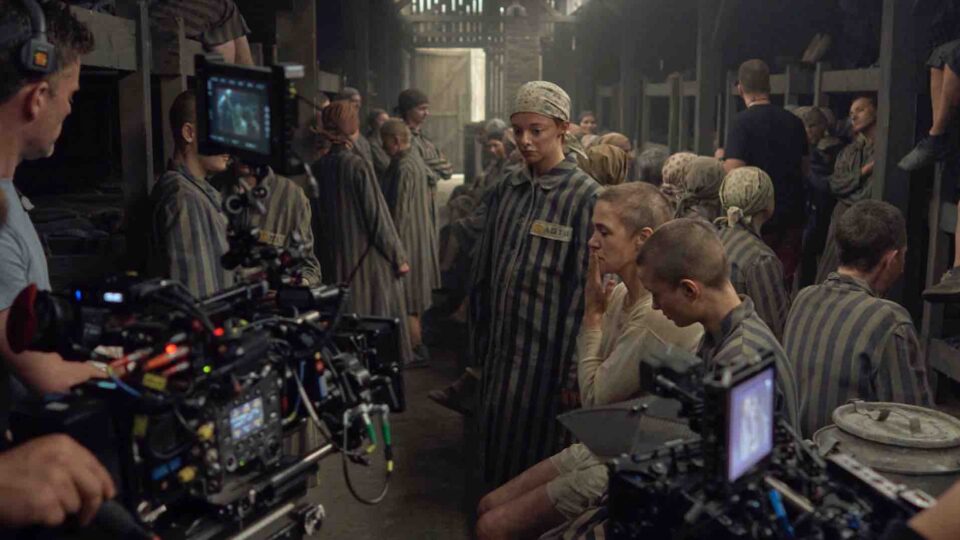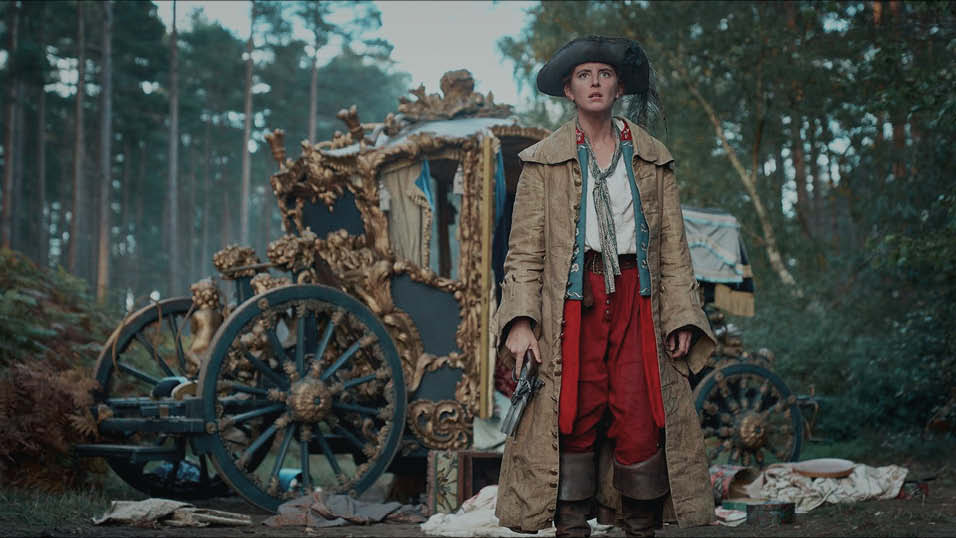 Jeremy Thomas is sitting in his top floor office at the Recorded Picture Company, which is decorated with memorabilia and press cuttings from his 40 year career as a film producer, and enthusing about Danish TV drama The Bridge.
Jeremy Thomas is sitting in his top floor office at the Recorded Picture Company, which is decorated with memorabilia and press cuttings from his 40 year career as a film producer, and enthusing about Danish TV drama The Bridge.
The fact that there is now room on TV for complex, well written and entertaining dramas like The Bridge, he says, makes the idea of working in television very attractive for film producers like him.
Indeed Thomas, who won an Oscar in 1988 for producing The Last Emperor and has made over 60 films including Sexy Beast and Stealing Beauty, admits he is now looking to diversify into television. “I feel there are stories I want to tell that need more writing to them, and maybe a bigger budget,” says Thomas, who starts shooting a new Jim Jarmusch film in July and makes, on average, two films every year – including, most recently A Dangerous Method and Kon-Tiki (pictured, above).
Thomas explains that the media landscape has changed significantly since he started in the business. Back then, dramas like The Avengers and The Persuaders! were made very basically and very quickly. Television talent naturally sought to move on to film, which was considered to be at the top of the creative industry pyramid. That’s no longer the case, admits Thomas. “Now there are three pyramid tops – film, television and games.”
The boundaries between film and TV drama have blurred along with the technical skills required to make them. And the biggest TV dramas, like Game of Thrones, are made with movie-size budgets, and distributed globally to huge audiences. But, crucially for Thomas, TV dramas like Mad Men, Homeland and The Killing provide creatives the space to explore their ideas more fully. Ironically, this is happening at a time when cinemas are hankering after big vfx-laden films with short running times that allow multiple screenings during the day.
This thought makes Thomas reflect on the 163-min long The Last Emperor. “If I was going to make The Last Emperor these days, I would have to make it as a TV movie,” he acknowledges.
Tim Dams
Share this story

















